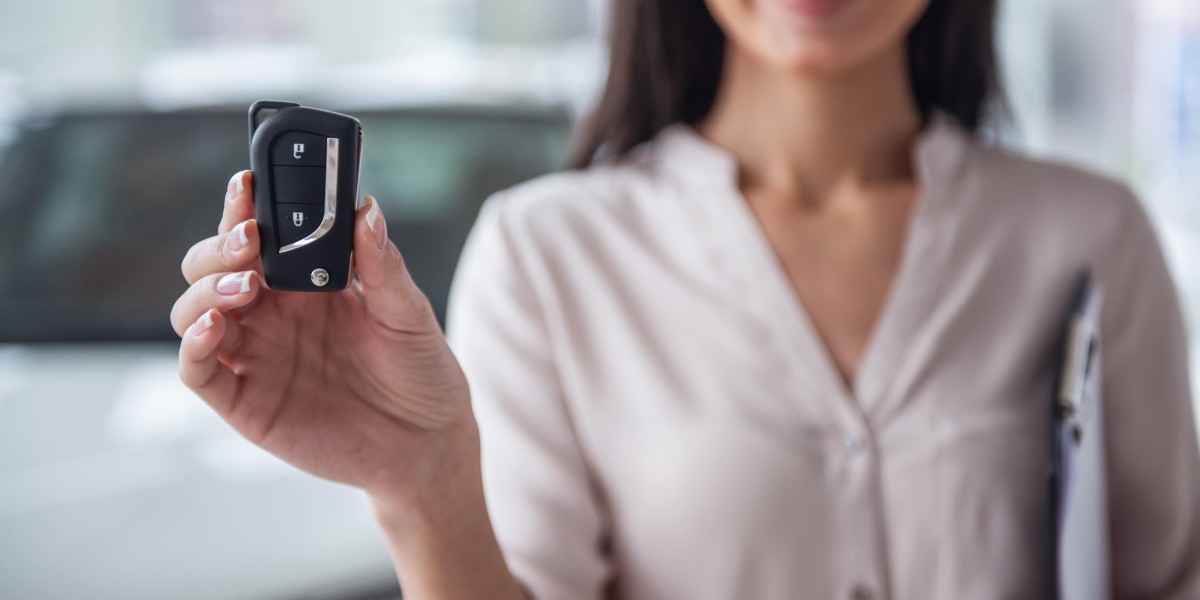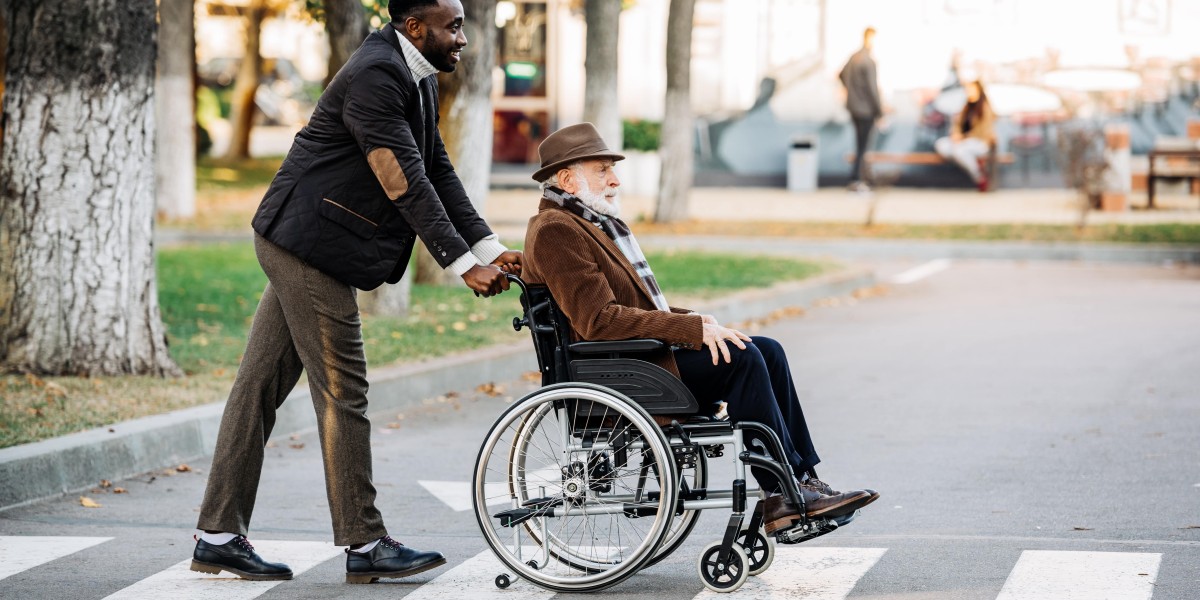Understanding the Process of Buying a Driver License: A Comprehensive Guide
In today's increasingly mobile society, possessing a valid driver's license is often thought about a necessity. It offers individuals with the freedom to browse their environments, access task chances, and perform day-to-day activities with ease. However, the concept of obtaining a driver's license can be stuck in confusion and aggravation, especially for those unfamiliar with the standard application routes. In spite of some deceptive stories that suggest the option to just "Buy Driver License" a driver's license, comprehending the legal paths and the implications of such decisions is important for anybody seeking to strike the road legally.
The Importance of a Valid Driver's License
A driver's license serves multiple vital functions:
Legal Identification: It acts as a government-issued identification document, accepted broadly for different purposes, consisting of ballot and monetary transactions.
Proof of Driving Competence: The license shows that the holder has passed the required driving exams, showing their capability to operate a car securely.
Insurance Requirement: Most states need drivers to possess a legitimate driver's license to secure automobile insurance coverage, which is obligatory for road usage.
Traffic Laws Compliance: A driver's license assures law enforcement that people have gone through the essential training to understand and adhere to traffic laws.
Legal Pathways to Acquiring a Driver's License
In pursuit of driving privileges, there are legitimate processes one can follow to obtain a driver's license:
1. Learner's Permit:
- This is typically the first action for brand-new drivers. A learner's permit enables people to practice driving with a certified adult present.
- To acquire a student's authorization, applicants generally need to:
- Be of a certain age (normally 15 or 16).
- Pass a composed understanding test.
- Supply essential documents, such as proof of identity and residency.
2. Driver Education:
- Enrolling in a driver education course can offer necessary understanding about road guidelines, safety protocols, and vehicle operation.
- Completion of this course may be a requirement for getting a full driver's license in the majority of jurisdictions.
3. Road Test:
- After keeping the learner's authorization for a specific period and logging the required driving practice hours, individuals can set up a road test.
- Passing this test is vital for getting a full, unrestricted driver's license.
4. Documents:
- Applicants will typically require to provide:
- Identification files (like a birth certificate or passport).
- Evidence of residence.
- Social Security number.
- Any previous driving records, if appropriate.
5. Costs:
- There are usually fees related to the application procedure, which may vary by state.
The Risks of Buying a Driver License
While the notion of buying a driver's license might at first appear attractive, it is accompanied by considerable threats and potential repercussions:
Legal Ramifications: Purchasing a driver's license beyond the established legal channels is illegal. People caught in this act might face severe penalties, consisting of fines or imprisonment.
Identity Theft Risks: Many deceitful offers on the internet include identity theft, where people may inadvertently expose their individual details.
Insurance Issues: Without a legitimate driver's license, obtaining auto insurance coverage can be impossible. Driving without insurance can lead to hefty fines and liability for mishaps.
Increased Risk of Accidents: Without the requisite training and testing associated with obtaining a valid license, untrained drivers posture a danger to themselves and others on the roadway.
FAQs About Acquiring a Driver License
1. Can I drive without a driver's license?
No, driving without a legitimate driver's license is prohibited in a lot of jurisdictions. It can result in fines and additional charges.
2. For how long does it require to get a driver's license?
The timeline can differ depending upon the person's state of residence, backlog at the Department of Motor Vehicles (DMV), and how quickly the candidate completes the necessary steps. Normally, the entire procedure might take a number of months from obtaining a learner's license to scheduling and passing the road test.
3. Can I use my out-of-state driver's license in another state?
Yes, lots of states permit people to drive with an out-of-state license for a particular duration. However, if you become a citizen of the brand-new state, you will require to obtain that state's driver's license.
4. What should I do if my driver's license is lost or stolen?
You need to report the loss or theft to your regional DMV and follow their procedure for acquiring a replacement. This frequently includes validating your identity and paying a little charge.

5. Are there age restrictions for obtaining a driver's license?
Yes, each state has minimum age requirements. Usually, individuals can start the procedure with a learner's license at age 15 or 16, but complete licenses are usually given at 18 or 21.
Concluding Thoughts
While the appeal of merely buying a driver's license may exist in some circles, the associated risks and legal ramifications make this option unadvisable. Rather, understanding and following the genuine paths to acquiring a driver's license is the most safe and most responsible technique. Whether through a teen's initial journey towards self-reliance or an adult seeking to gain back driving opportunities, browsing the proper channels not only ensures compliance with the law but likewise cultivates responsible and informed drivers. Thus, possible drivers are encouraged to invest their time and effort into the legal process, ensuring an intense and legal future spent on the open road.







